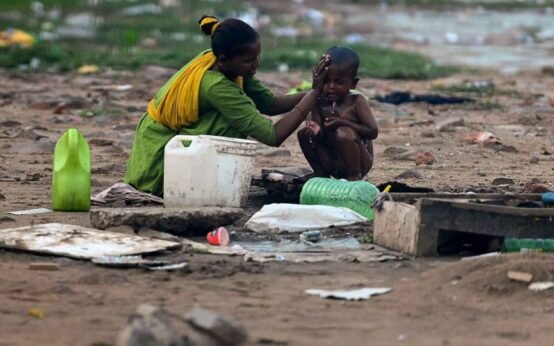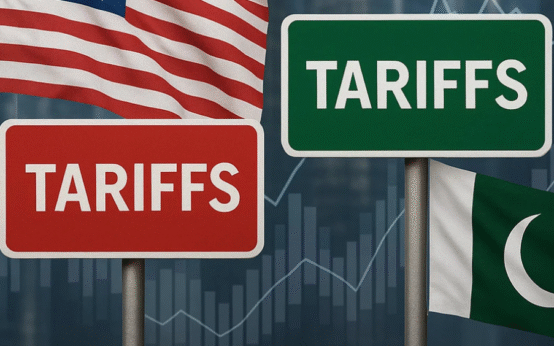Pakistan has increasingly spoken out at the United Nations to demand immediate action to halt the deepening humanitarian crisis in Gaza. Pakistani leaders and diplomats say the conflict’s human cost is growing unacceptable, and they press the UN especially the Security Council to act without delay. Their demands include calls for a ceasefire, safe humanitarian corridors, accountability, and stronger protection for civilians.
Pakistan’s call for immediate ceasefire in Gaza and resolution enforcement
Pakistan has urged the UN Security Council to demand an immediate and unconditional ceasefire in Gaza. Pakistani Ambassador Asim Iftikhar Ahmad has said enough blood has been shed and that the suffering of civilians—women, children, the elderly is intolerable. In statements to the Council, Pakistan has pressed for the implementation of existing resolutions that call for such a ceasefire.

Pakistan’s position is that mere statements of concern are no longer sufficient. The country insists that resolutions already adopted by the UN must be enforced particularly those that demand urgent humanitarian pauses, safe corridors for aid, and protection of civilians.
Pakistan’s accusations of war crimes, destruction, and genocidal war
Pakistan has not held back strong language. Pakistani leaders have characterized Israel’s military operations in Gaza as a genocidal war. They say Israel has, through repeated airstrikes and blockade policies, destroyed infrastructure and made life unlivable for many civilians. Pakistan contends that hospitals, homes, water supplies, and essential services are under assault, turning large parts of Gaza into zones where survival becomes daily struggle.

Pakistan also accuses Israel of targeting civilian areas in ways that violate international humanitarian law, and demands accountability both for what happens on the ground and through international legal mechanisms if necessary.
Pakistan’s vision for a lasting peace and two-state solution
Pakistan insists that any resolution to the crisis must include not just a temporary halt in fighting, but also a roadmap toward a durable, just peace. Part of this vision includes the recognition of a sovereign, viable, and contiguous State of Palestine, based on pre-June 1967 borders, with East Jerusalem Al-Quds Al-Sharif as its capital. Moreover, Pakistan argues that unless the root issues of occupation, displacement, and political rights are addressed, violence and suffering will inevitably persist.
In other words, without a just and lasting resolution to these foundational grievances, peace will remain elusive. Therefore, any meaningful progress must begin with acknowledging and confronting these core challenges.
This approach also includes ensuring that resolutions about ceasefire, aid, and human rights are not just passed but enforced. Pakistan calls on the international community to support not just emergency relief but also reconstruction, governance support, and institutional rebuilding so Gaza can recover in both infrastructure and social fabric.
UN resolutions, voting dynamics, and diplomatic pressure
Pakistan’s appeals come in the context of multiple recent UN votes. The UN General Assembly adopted resolutions calling for humanitarian truces and protection of civilians. The Security Council also passed resolutions demanding humanitarian pauses, corridors, and the protection of civilians.
The diplomatic environment remains tense. Some UN member states support Pakistan’s stance strongly; others are more cautious or opposed, citing concerns about security, legitimacy of targets, or how best to balance pressure, diplomacy, and crises. Pakistan pushes that moral responsibility and international law require urgent action, and diplomatic support is growing for its position.


 International Support for Morocco’s Autonomy Plan at UN Assembly
International Support for Morocco’s Autonomy Plan at UN Assembly  Pakistan Among Early Adopters of Wi-Fi 7 in Asia-Pacific
Pakistan Among Early Adopters of Wi-Fi 7 in Asia-Pacific  Pakistan’s Struggle to Reduce Poverty
Pakistan’s Struggle to Reduce Poverty  Pakistan Poised to Launch 5G Services in Coming Months
Pakistan Poised to Launch 5G Services in Coming Months  $500m deal, an economic diversification in USA-Pak ties
$500m deal, an economic diversification in USA-Pak ties  Pakistan Bans Andy Pycroft Entry after Handshake Row
Pakistan Bans Andy Pycroft Entry after Handshake Row